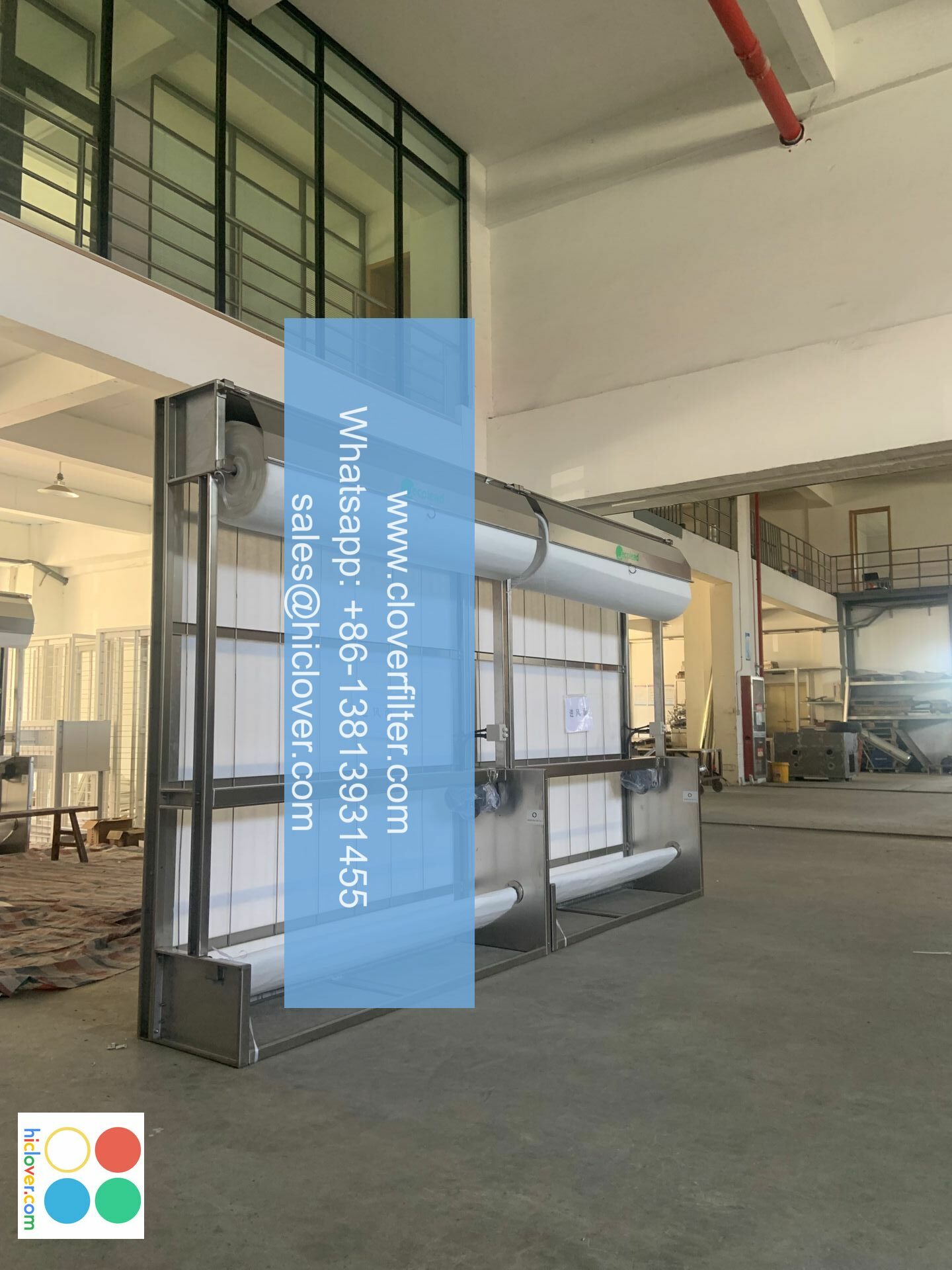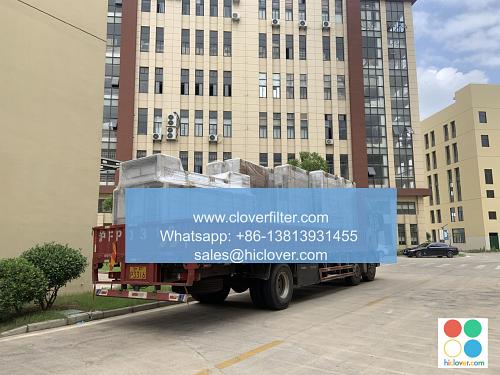Why You Need an Energy-Efficient Air Filter for Your Home

As we continue to grapple with the challenges of climate change, air pollution, and energy efficiency, it’s becoming increasingly important to optimize our homes with eco-friendly solutions that promote sustainable living. One often overlooked yet crucial component in achieving this goal is the installation of an energy-efficient air filter. In this article, we’ll explore the benefits of high-performance air filtration systems and why they’re essential for maintaining a healthy indoor environment while reducing your carbon footprint.
Improved Indoor Air Quality
The air we breathe inside our homes can be up to 5 times more polluted than the air outside, according to the Environmental Protection Agency (EPA). This is due to the presence of particulate matter, volatile organic compounds (VOCs), and other airborne pollutants that can exacerbate respiratory issues like asthma and allergies. An energy-efficient air filter can help mitigate these issues by capturing 99.97% of particles as small as 0.3 microns, including dust, pollen, pet dander, and bacteria. By incorporating an air purification system into your home, you can significantly improve the indoor air quality (IAQ) and create a healthier living space for you and your family.
Energy Savings and Cost-Effectiveness
Traditional air filters can be energy-intensive and costly to maintain, particularly if they’re not designed with energy efficiency in mind. In contrast, energy-efficient air filters are engineered to minimize energy consumption while maximizing airflow and filtration performance. By upgrading to an energy-efficient air filter, you can potentially lower your energy bills and reduce your carbon footprint. Additionally, these high-performance air filters often have a longer lifespan than traditional filters, which means you’ll need to replace them less frequently, resulting in cost savings over time.
Application Areas and Benefits
The benefits of energy-efficient air filters extend to various application areas, including:
* Residential homes: Improve indoor air quality and reduce energy consumption in your home.
* Commercial buildings: Enhance occupant health and productivity while minimizing energy costs.
* Industrial facilities: Optimize air quality and process control in manufacturing and production environments.
* Healthcare facilities: Maintain sterile environments and prevent the spread of airborne infections.
In conclusion, an energy-efficient air filter is a crucial component in creating a healthy, sustainable, and energy-efficient home. By investing in a high-performance air filtration system, you can improve indoor air quality, reduce energy consumption, and contribute to a more sustainable future. So why wait? Upgrade to an energy-efficient air filter today and start breathing easier, living healthier, and saving energy. It appears you didn’t provide a prompt or question for me to address. Could you please provide more context or specify what you would like to know or discuss? I’m here to help with any questions or topics you have in mind.

